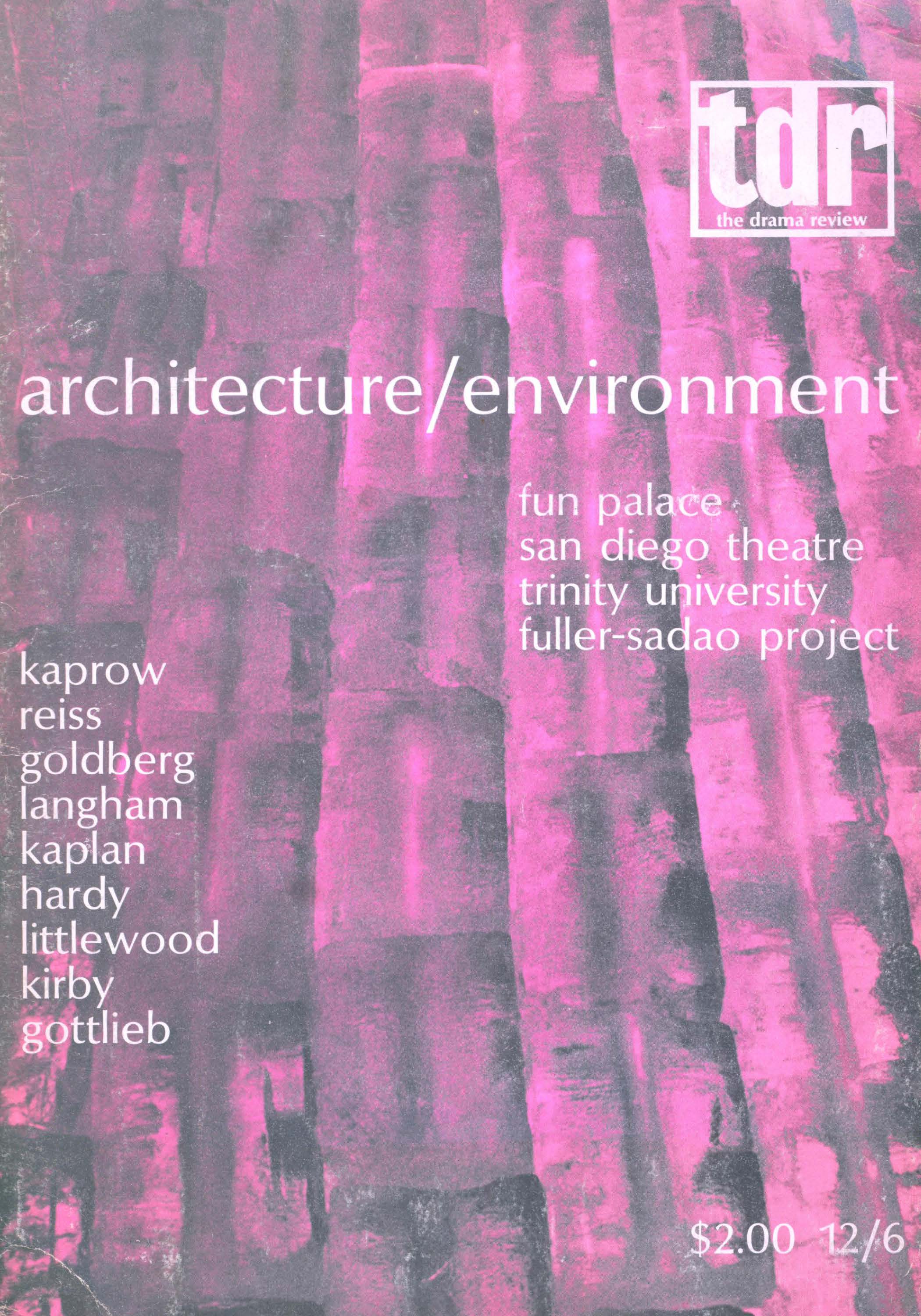No CrossRef data available.
Article contents
Brecht's Fatzer: Experiments in Discourse Making
Published online by Cambridge University Press: 07 December 2021
Extract
European theatrical thinking of the last fifty years is dominated by the urge to make theatre theatrical. This urge was a reaction against the text-dominated theatre of the preceding era. Artaud, with his program of the Theatre of Cruelty, became the most radical speaker of this thinking and a trendsetter.
Artaud's contemporary, Brecht, coming from a country where a literary theatre was at home and institutionalized (Bildungstheater), demanded an intensification of its literary, “scripted” character. Brecht's postuiation of the “Literarisierung des Theaters” found the most radical application in his theory of a Lehrstück. As a matter of fact, in a way typical of Brecht's subversive strategies, it meant a sublation of the traditional notion of a literary bourgeois theatre. Nevertheless, his postuiation pronounces a program opposed to Artaud: theatre does not need to be theatrical
In Brecht's concept of a Lehrstück, it meant an elimination of an audience and a new genus proximum for theatre: learning instead of spectating or, more precisely, collective text reading.
- Type
- Research Article
- Information
- Copyright
- Copyright © 1978 The Drama Review




